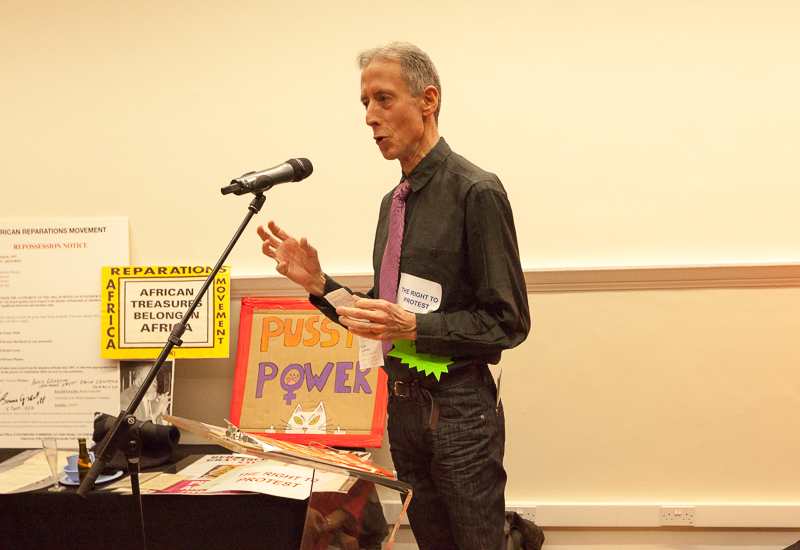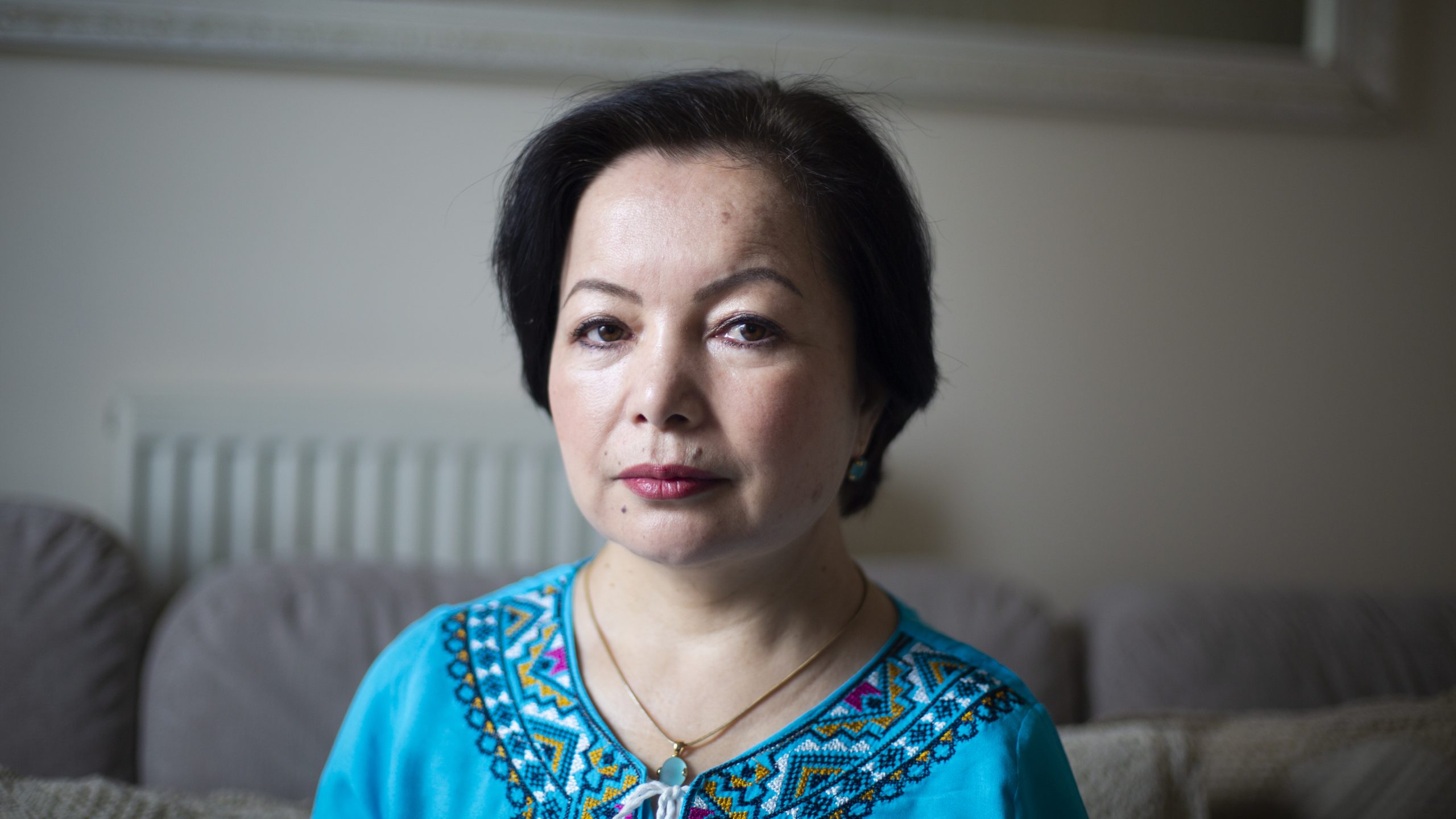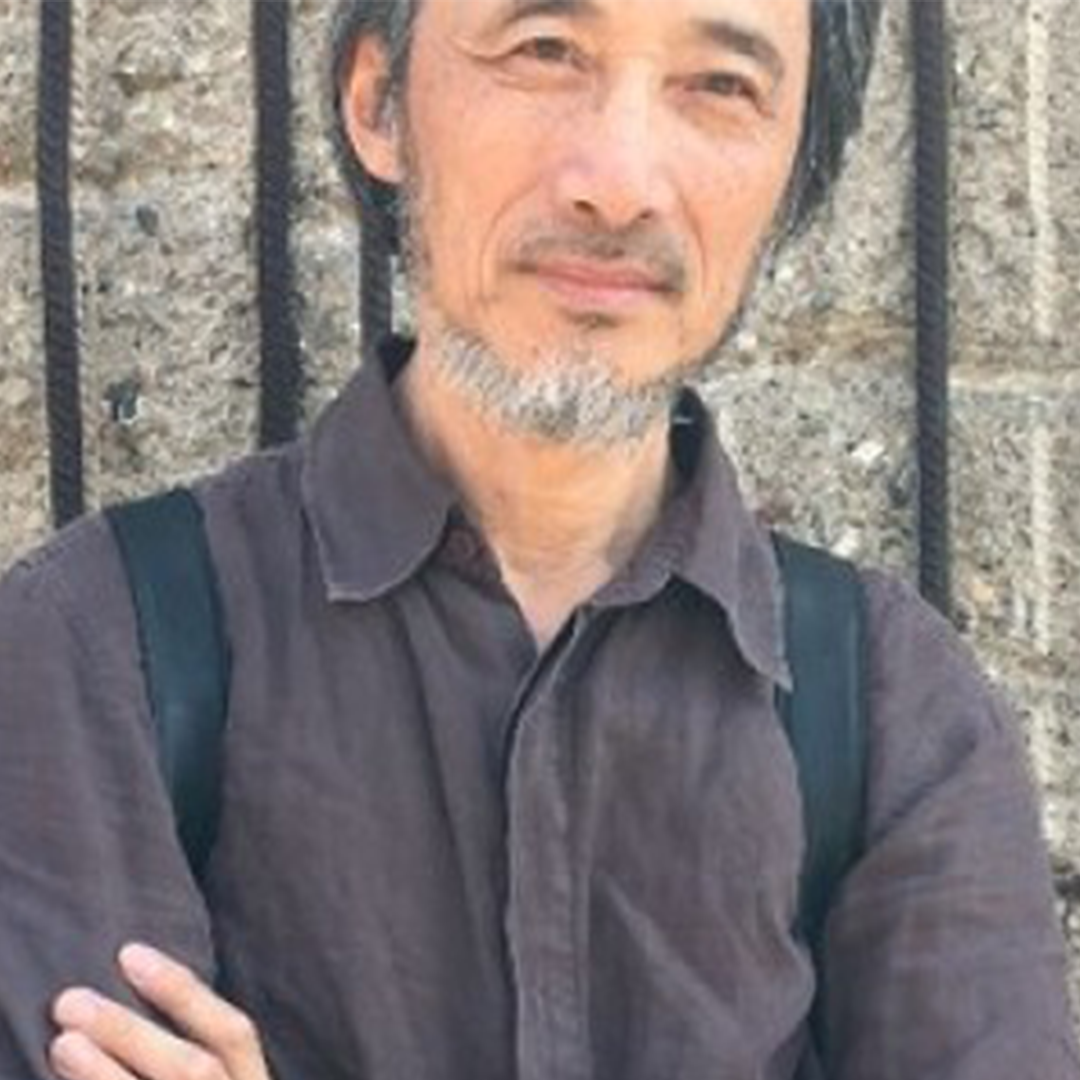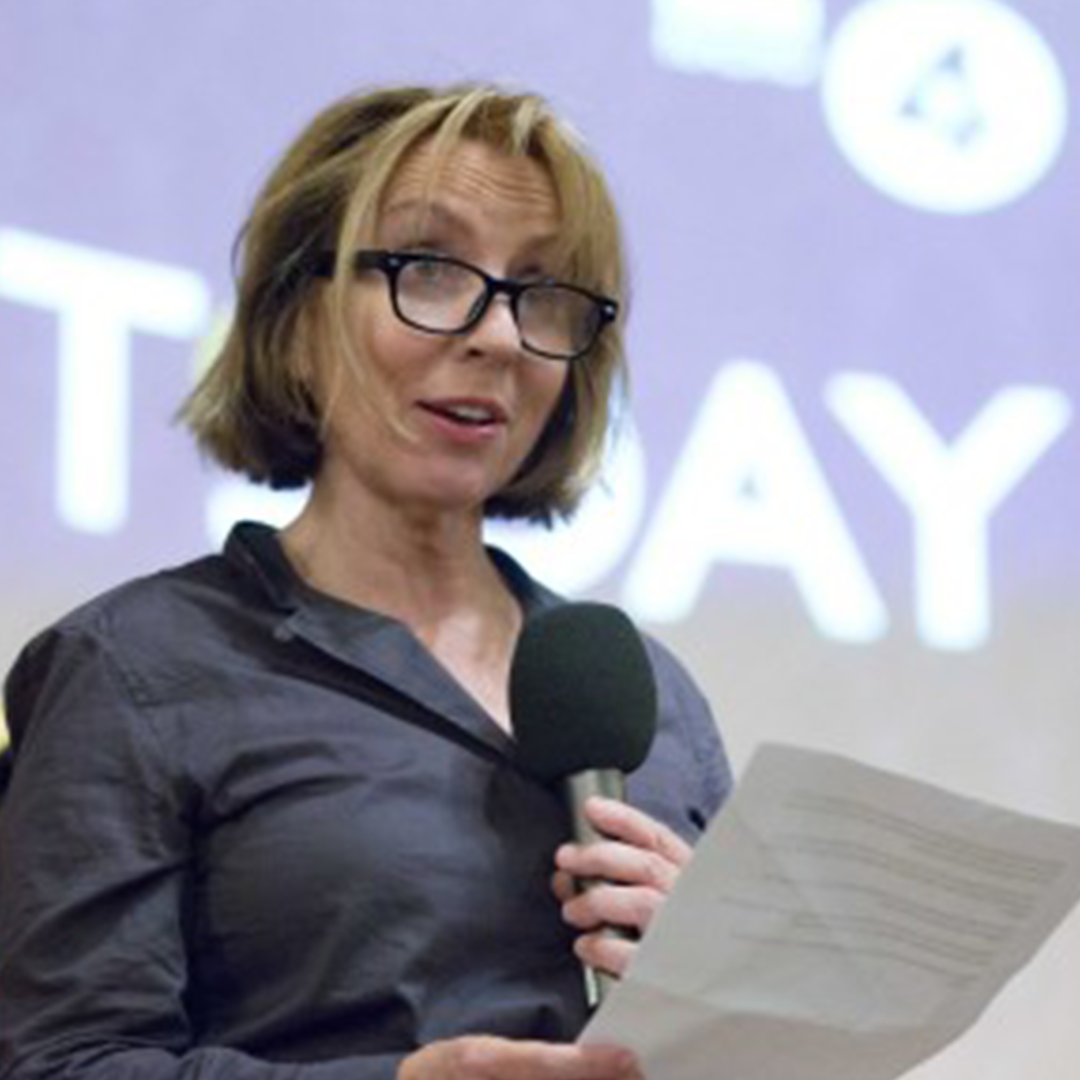17 Mar 2023 | Opinion, Ruth's blog, United Kingdom

BBC Broadcasting House. Photo: James Cridland
There are some new stories that expose people’s lack of understanding of what media freedom is in a democratic society and in the midst of an apparent scandal words can get heated and people can speak out of turn without realising that they are ignorant of what they speak. We’ve all done it but in the last ten days the words of more than one British politician or commentator have made me want to throw things at the TV.
Since last week the United Kingdom has been embroiled in a row about whether or not a sports presenter – namely one Gary Lineker – had the right to challenge the actions of his government on a social media platform when not at work. The issue was actually not his words (not really), but the responsibility he had to his employer – the UK’s public sector broadcaster, the BBC.
When last Friday evening BBC management opted to remove Lineker from air over the weekend, I think it’s fair to suggest that they were ill prepared for the response from the rest of their on-air talent and many of their sports journalists and support staff who, in solidarity with Lineker, refused to work. Shows were cancelled, football commentary was unavailable and many of the most influential footballers in the UK refused to give post-match interviews to the BBC. In other words Lineker received complete support from his colleagues and the BBC reinstated him.
While this was a freedom of expression issue – once Lineker had been removed from air for sharing his views – it isn’t that element of the issue that is the focus of my blog. Although, for the record, I think that employees of the BBC who aren’t involved in news production or editorial decisions should probably be able to outline their personal views, on their personal social media pages, when not at work without it becoming a national drama.
However, it was the political pontifications that followed the internal BBC drama that I wish to write about. British parliament had a discussion on the impartiality of the BBC following on from the drama. Language is important and definitions even more so when you’re talking about issues of such importance. And both in the House of Commons and in certain media outlets the BBC suddenly was no longer a public sector broadcaster – it had become a state broadcaster.
These are two very different beasts and it’s vital that we don’t seek to conflate the two. A state broadcaster operates at the direction of the state – they promote the interests of their government and are not considered by anyone to be impartial. State broadcasters include Iran’s Press TV, Russia’s RT and China’s CGTV. This is not a model that the UK would want to or should ever seek to emulate.
The BBC is an impartial public sector broadcaster, funded by a form of hypothecated tax. The government gets to appoint the governance structure and every decade negotiate the Royal Charter – which determines the broadcasting rights of the BBC – but they have no editorial control. No programming control. No employment responsibilities. And long may that be.
We are incredibly lucky to have an impartial public sector broadcaster that can speak truth to power and they should be able to act without fear or favour within the UK. Politicians and commentators who wish to engage in discussions about the future of the BBC and any perceived impropriety or political bias should as a basic requirement be able to articulate the difference between a public sector broadcaster and a state broadcaster.
21 Oct 2022 | China, Opinion, Russia, Ruth's blog, United Kingdom

BBC Broadcasting House. Photo: Peter Hastings, CC BY-NC-ND 2.0
This week I had planned to write about the importance of public service broadcasting. To focus on and celebrate 100 years of the world’s oldest national broadcaster, the BBC. I wanted to talk about my favourite programmes and highlight their successes and importantly their failures – because we should always have an honest appraisal of even those entities which we rely upon. But there is a bigger issue at play – in a world of disinformation and misinformation, where conspiracy feels like it’s becoming the norm we have never needed independent and publicly funded news outlets more.
Call me biased but the BBC is the best in the world and needs to be cherished and protected. Its journalists have been on the frontline of every new story for a century. They have documented every joy and every horror, without fear or favour. Because of them we have historical evidence of war crimes, of the Holocaust, of protests, of the rise and fall of governments in every corner of the world and of course the moments of global jubilation and joy.
I, for one, will always defend the institution of the BBC – it’s central to my daily life and I trust their output. I make no apologies for loving the BBC – but it’s not just the institution – it’s the promise of independent journalism, of being able to hold the powerful to account and of documenting events for posterity.
This week we have seen the value of public service journalism. In Manchester the BBC documented a democracy protester being dragged into the Chinese consulate by CCP officials. He was beaten. His story is now known and the subject of a diplomatic incident because the BBC covered the news. Bob Chen will have justice, or at least be protected because his story was told by independent journalists.
Contrast that with events in Russia. Protest is banned. Independent journalism all but crushed. Dissidents are arrested every day. Challenge is not tolerated. Their leaders never questioned.
I am so lucky to live in a democracy. To be blessed with a free press. To be able to hold my politicians to account.
Public broadcasting is integral to that – so Happy Centenary BBC – we’re lucky to have you.
17 Mar 2022 | Magazine, Magazine Editions, Volume 51.01 Spring 2022
"Our need today is for organs of consciouness that could help us to know and to care about other members of the same intellectual community, much as Christians once were vigilant for other Christians in times of religious persecution."
THUS WROTE THE poet Stephen Spender in the founding manifesto of this magazine. As Spender outlined, Index came into being after Pavel Litvinov, a Soviet physicist and dissident, called on the international community to help those being censored in the USSR. The year of our first publication was 1972. The Cold War was not yet a chapter in a history textbook, nor was apartheid. Spain, Portugal and Greece were still under military dictatorships. Mao Zedong was the leader of China. The challenges were great and our mission was to concern ourselves with all because censorship was not a one-sided issue. “The problem of censorship,” Spender wrote, “is part of larger ones about the use and abuse of freedom.” Since 1972 we have done our best to live up to the ideals of the founding manifesto. We have covered the wars, the revolutions and the protests. We have smuggled writings out of prison and published material banned elsewhere. We have provided a forum for critical debate and waded into the thorniest issues of the day. And we have dealt with the complexity of technology, both a blessing and a curse. Our articles have rippled across the world in myriad ways, influencing statesmen and laymen alike, and providing a refuge for the persecuted. To mark our half-century we have created a birthday issue. It is not a celebration in the conventional sense. By all means, our refuge should no longer exist. But in 2022 the battles remain as large. We need to continue to shout. And we want to celebrate the brave and brilliant people who got us to this place – and do a little back-patting too over our role in documenting abuses and sometimes lessening them. And so to our anniversary special. We have asked editors from the five decades to reflect on their time at Index and we’ve selected pieces from our archive to accompany them. This was no easy task. As Spender wrote, the “material by writers which is censored in Eastern Europe, Greece, South Africa and other countries is among the most exciting that is being written today”. How right he was. We have therefore not tried to choose the best – a mission impossible. Instead we’ve picked articles that capture a moment in time and reflect our rich, varied history. At the same time, we’ve invited journalists around the globe to revisit articles published in our first year and consider them from the vantage point of 2022, such as Susan McKay’s look at the contentious role of the BBC in Northern Ireland then and now. In our culture section, Nick Harkaway reimagines the early days of Index, a fantastically fun accompaniment to Martin Bright’s deep-dive into the real Index origin story. Moving to today, Indian journalist Aishwarya Jagani brings you an alarming tale of women who found themselves on an auction site and we publish letters from prison by the Hong Kong media mogul Jimmy Lai. As for the future, Sir Tom Stoppard considers mob justice and its ramifications. “In being concerned with the situation of those who are deprived of their freedoms one is taking the side of openness,” wrote Spender in the manifesto. Onwards we march.

Author
Andrey Kurkov is an Ukrainian author who has written about 20 documentary, fiction and TV movie scripts and also 19 novels, including the bestseller Death and the Penguin. Read More
Author

Human rights campaigner
Peter Tatchell is the director of human rights organisation the Peter Tatchell Foundation and highly acknowledged for his work with the LGBT movement.
Human rights campaigner

Artist and Activist
Rahima Mahmut is the director of the World Uyghur Congress (UK) and Adviser to the Inter-Parliamentary Alliance on China.
Artist and Activist
by Index on Censorship | 30 Mar 22 | Hong Kong, News, Volume 51.01 Spring 2022 | 3 Comments
Jimmy Lai Chi-Ying, Hong Kong’s 74-year-old self-made billionaire, is a dissident. His cause is freedom. For championing this cause, he has been jailed since December 2020. One of the crimes he was found guilty of was lighting a candle in public to commemorate the...
by Guilherme Osinski | 18 Mar 22 | 50 years of Index, China, History, Ireland, Magazine, News, Philippines, United Kingdom, United States, Volume 51.01 Spring 2022 Extras | 0 Comments
[vc_row][vc_column][vc_column_text] You may have heard that the 70s were different. In 1972, when the first issue of Index magazine was launched, no one knew that 20 years later there would be an influential economic bloc called the European Union. The Beatles' had...
by Index on Censorship | 17 Mar 22 | 50 years of Index, Afghanistan, Africa, Americas, Asia and Pacific, Bosnia, Brazil, China, Greece, Hong Kong, India, Iran, Magazine, Magazine Contents, Mexico, Nigeria, Northern Ireland, Philippines, Russia, Rwanda, South Africa, Turkey, Uganda, Ukraine, United Kingdom, United States, Volume 51.01 Spring 2022 Extras | 0 Comments
The spring issue of Index magazine is special. We are celebrating 50 years of history and to such a milestone we've decided to look back at the thorny path that brought us here. Editors from our five decades of life have accepted our invitation to think over their...
28 Apr 2021 | Magazine, Magazine Editions, Volume 50.01 Spring 2021
Author
Ma Jian is an award-winning Chinese writer. His latest novel is China Dream. His work is banned in China
Singer
Gelareh Sheibani was born in Iran and took keyboard lessons as a youngter. She found a passion for singing in her teenage years but solo singing in the country was not permitted. After the release of the video for her song Nagoo Tanhaei and the follow-up she was arrested and prosecuted. She later left the country and now lives in Turkey
Journalist
Sarah Sands is Chair of the Gender Equality Advisory Council for G7 and a board member of Index on Censorship. Sands was the former editor of BBC’s Today programme








